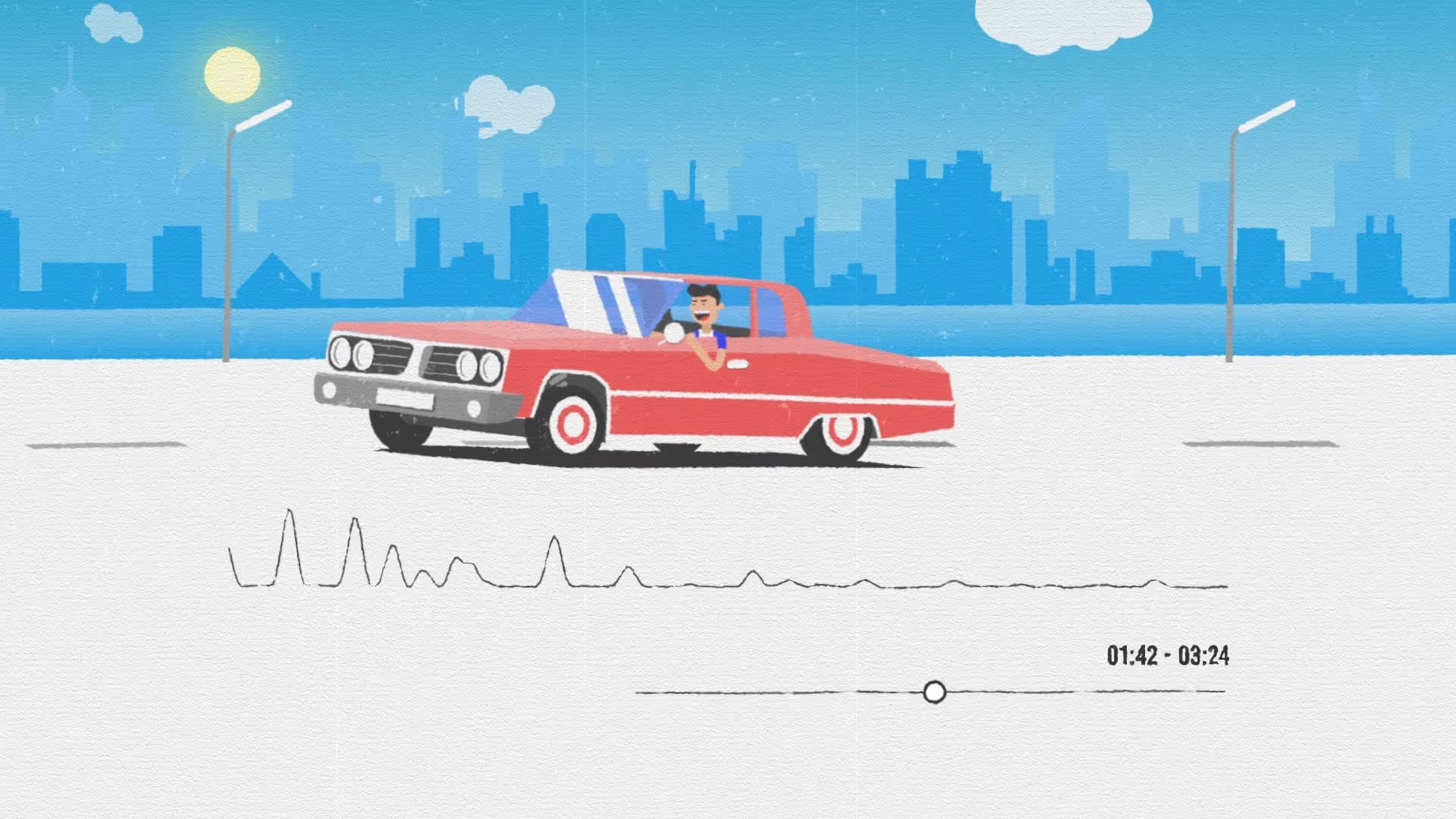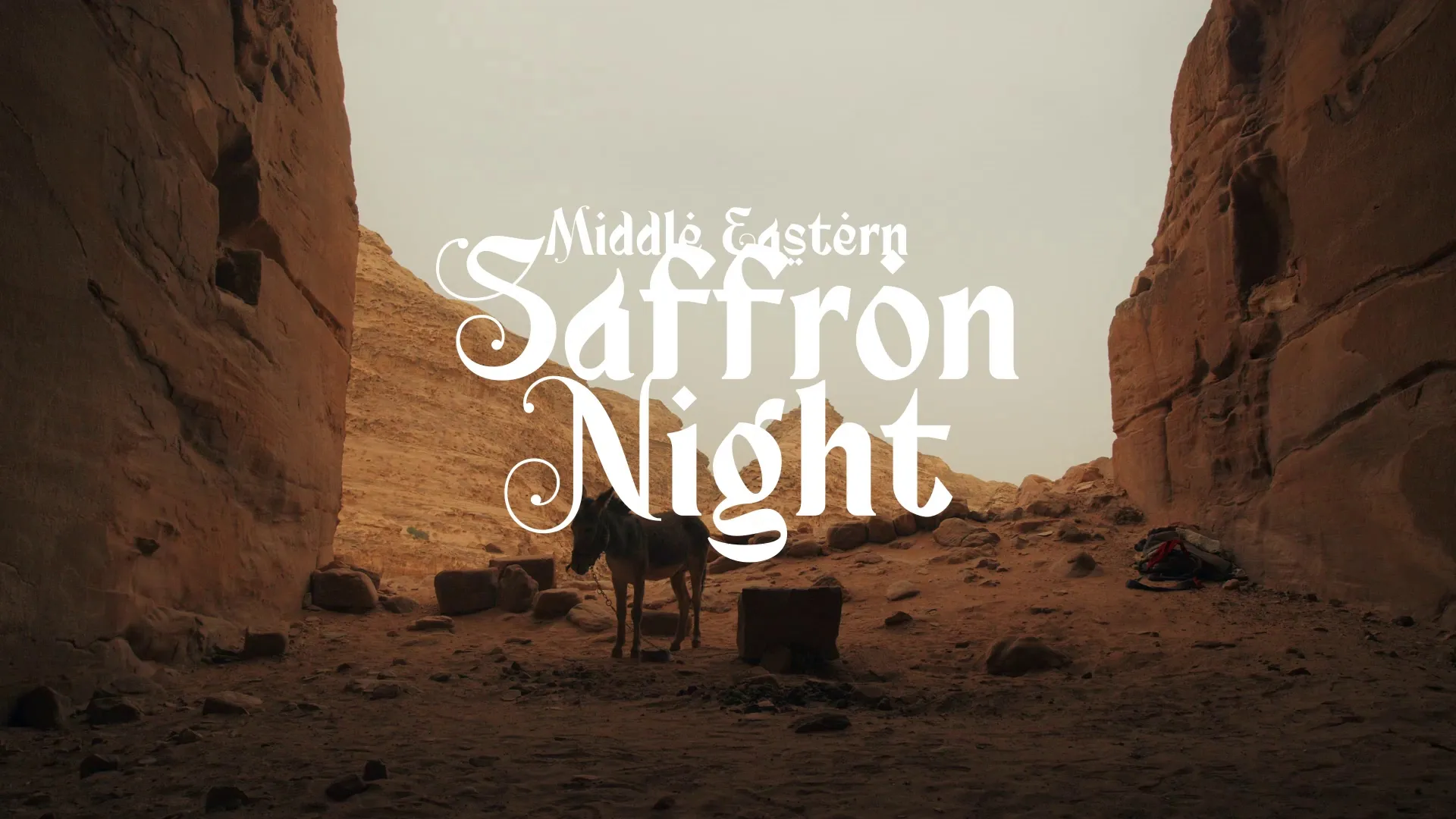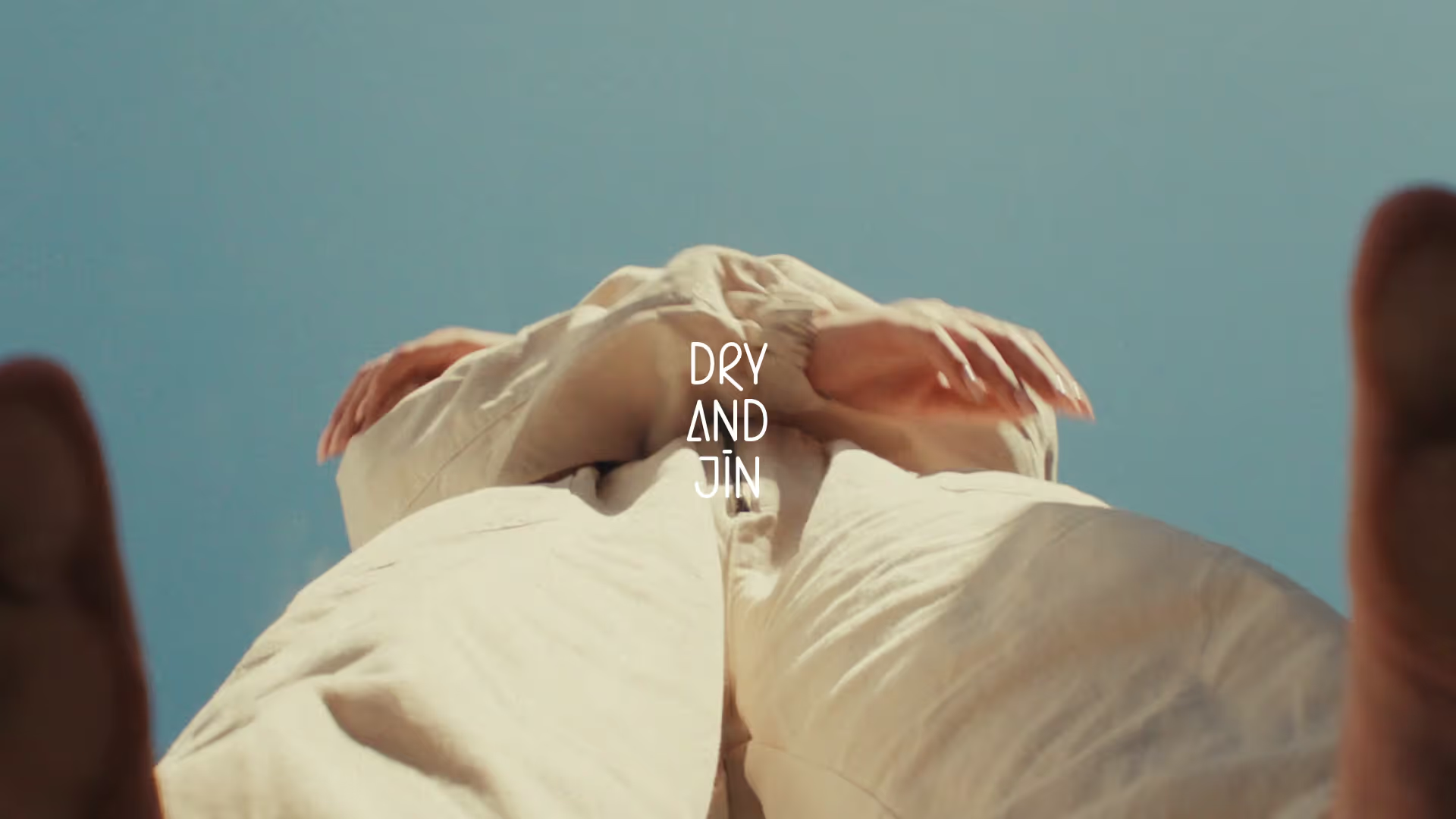Turn Game Idea Into Project Outline: A Feasibility Study for Indie Devs
Turn Game Idea Into Project Outline: A Feasibility Study for Indie Devs
Every great game begins with an idea. However, the journey from a spark of inspiration to a playable product is complex, especially for indie developers. This article will guide you through transforming your creative game idea into a solid project outline, emphasizing a crucial game concept feasibility study.
From Concept to Clarity: Creative Game Idea Generation
Generating compelling game ideas is more than just dreaming; it is about structured exploration. Start by identifying core mechanics or unique selling points that excite you. Brainstorm broad themes and genres, then narrow down specific gameplay loops.
Consider what problems your game solves or what unique experiences it offers. Avoid vague concepts; instead, focus on concrete actions players will take. Document everything, even seemingly minor thoughts, as they can spark further development.
Explore existing games in similar genres to understand market expectations and potential innovations. This research helps refine your initial vision and identify gaps you can fill.
The Essential Game Concept Feasibility Study
Before investing significant time, conduct a thorough game concept feasibility study. This step determines if your idea is practical and achievable given your resources.
Technical Feasibility
Assess if your technical skills and chosen engine can support the game’s vision. Complex features like advanced AI, extensive physics, or multiplayer networking require significant expertise. If you are choosing an engine, consider how it aligns with your project’s needs, as discussed in ‘Unity vs. Unreal vs. Godot: Choosing Your Engine in 2025’ to help make an informed decision.
Determine if you have the necessary hardware and software. Evaluate the availability of assets or the time required to create them from scratch. This helps identify potential roadblocks early on.
Resource Feasibility
Evaluate your available time, budget, and team size. A solo developer’s project scope will differ vastly from a small team’s. Be realistic about what you can accomplish within these constraints.
Consider external resources like asset stores or freelance artists. Factor in the costs and integration efforts associated with these. Overestimating your capacity is a common pitfall.
Market Feasibility
Research your target audience and potential competition. Is there a demand for your game concept? What makes your game stand out?
Analyze similar games’ successes and failures. Understand their monetization strategies and player feedback. This insight helps position your game effectively.
Personal Feasibility
Reflect on your passion and commitment to the idea. Game development is a marathon, and sustained interest is vital. If you are not genuinely excited, maintaining momentum will be difficult.
Consider if the project aligns with your long-term goals as a developer. This ensures the effort contributes to your professional growth.
Create a free account, or log in.
Gain access to free articles, game development tools, and game assets.

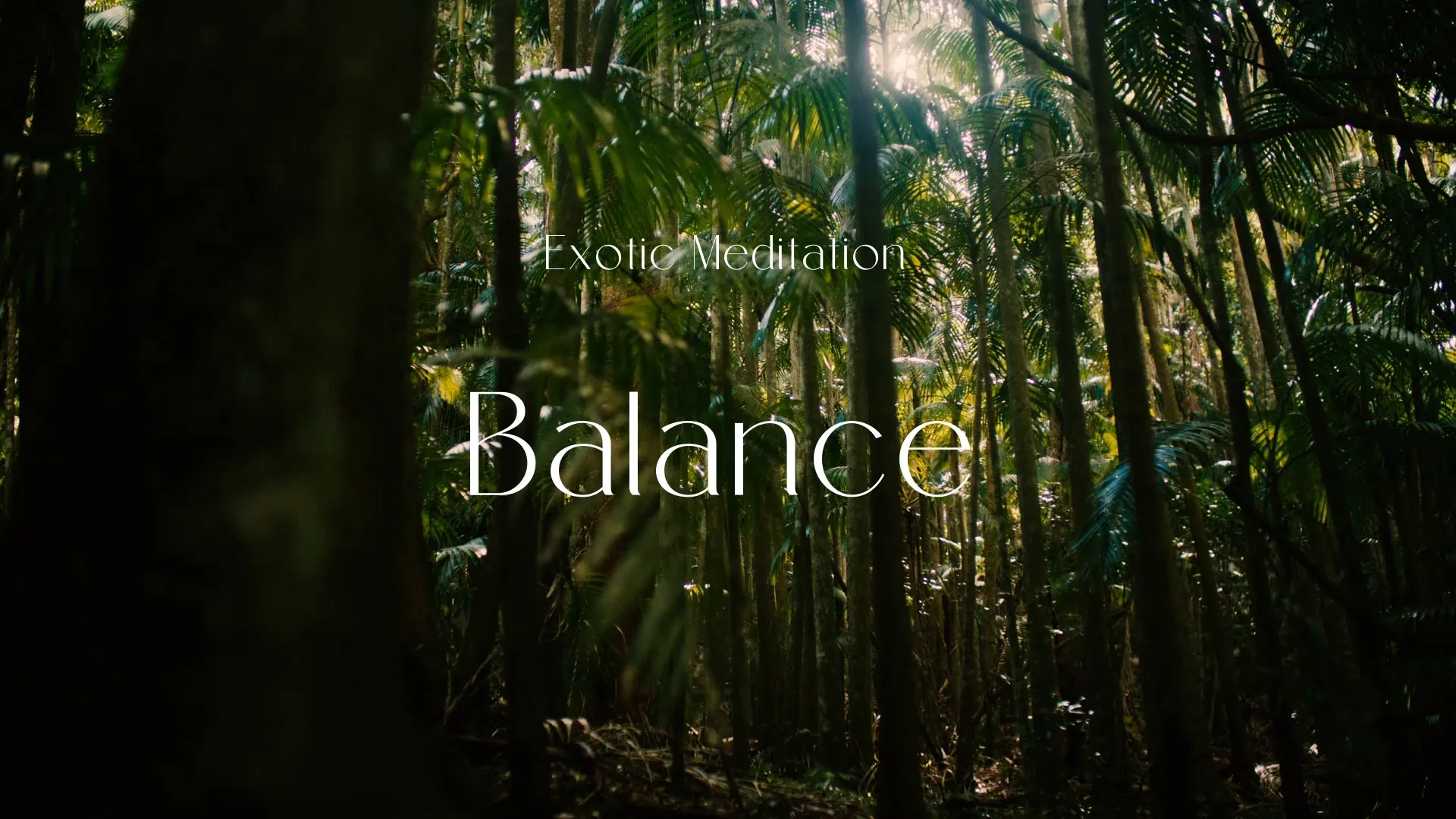








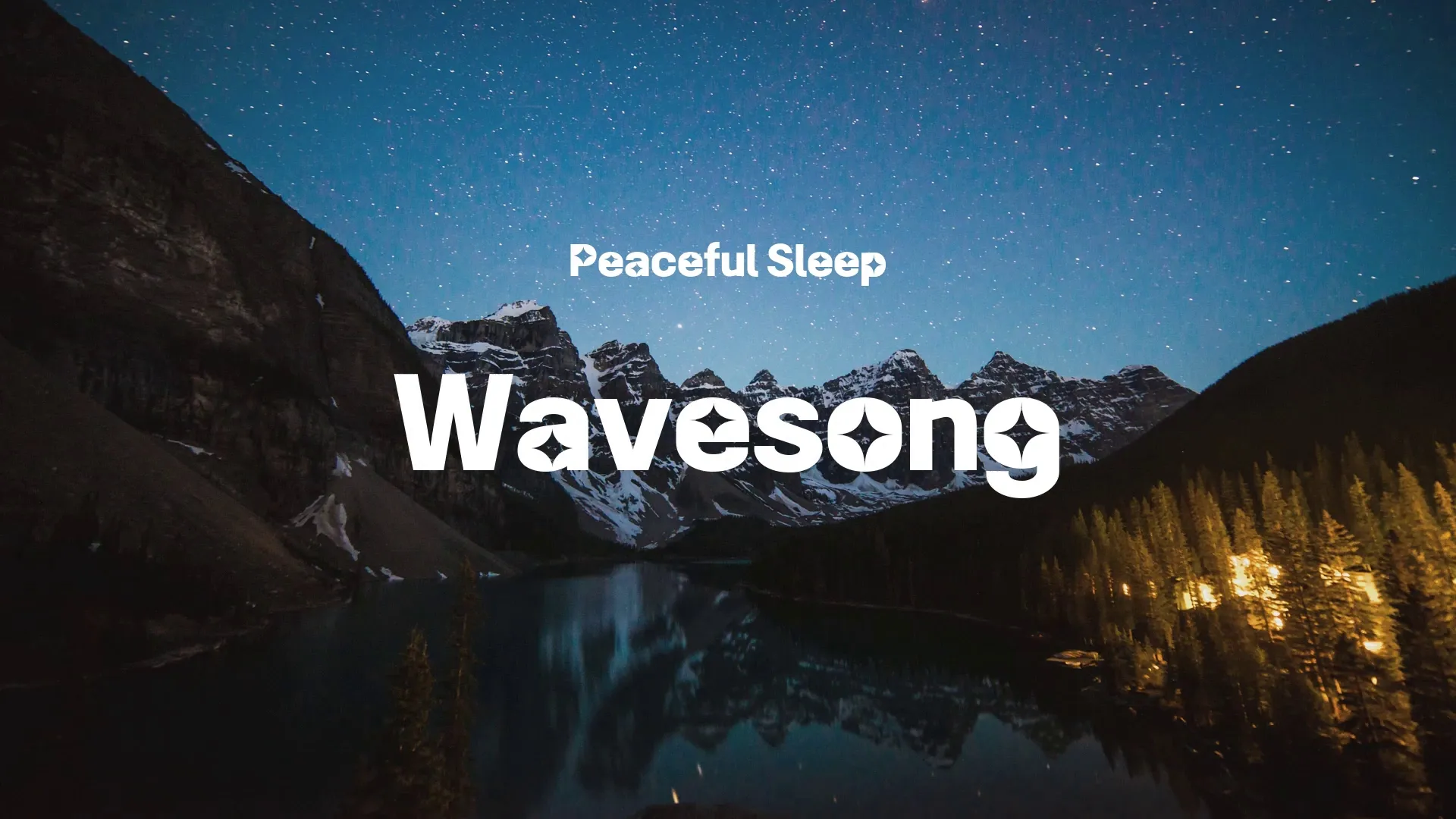

.webp)


.webp)
